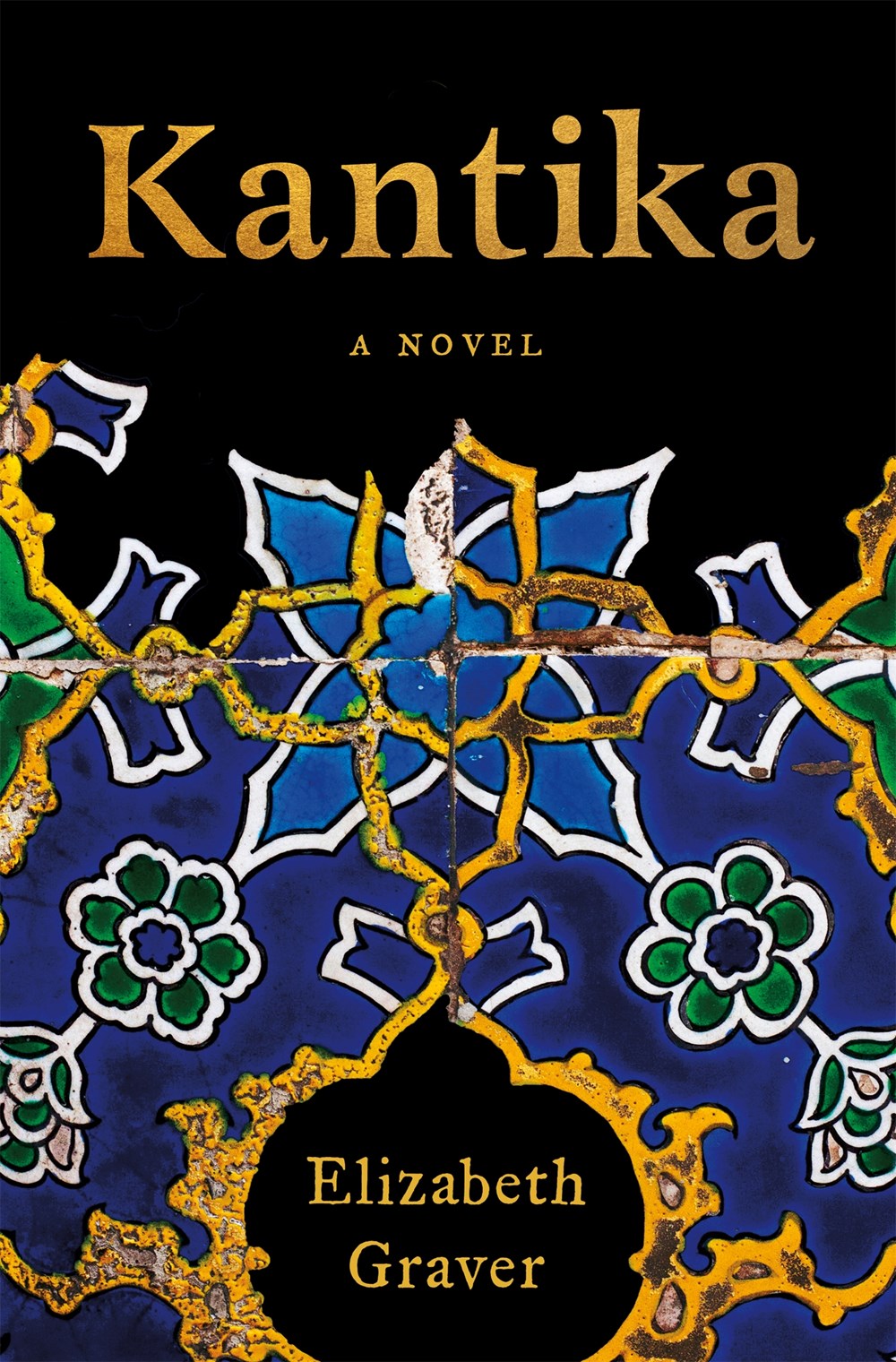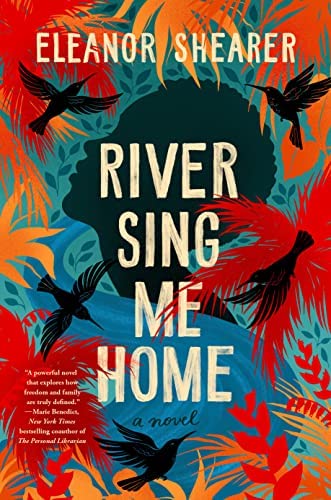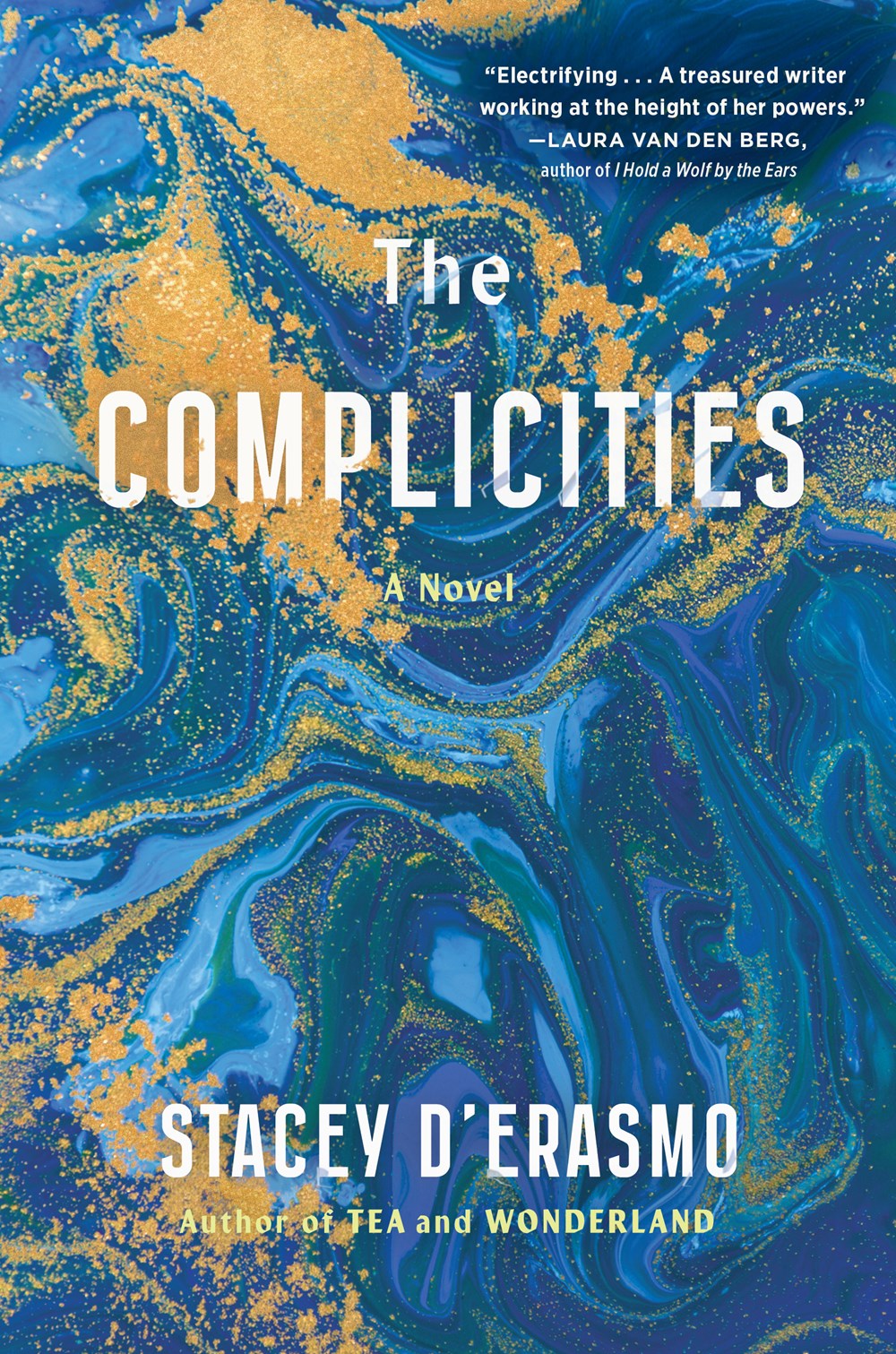Reba Leiding
103 Articles
Last 30 days
Last 6 months
Last 12 months
Last 24 months
Specific Dates
From:
To:
The MANIAC
 Labatut’s prose is lucid and compelling, drawing readers on a frightening but fascinating journey; even the most right-brained among them will gain insight into the power and potential dangers of AI. Highly recommended.
Labatut’s prose is lucid and compelling, drawing readers on a frightening but fascinating journey; even the most right-brained among them will gain insight into the power and potential dangers of AI. Highly recommended.
Kantika
 Ultimately the triumphant story of one family’s unique experience in the Diaspora, this novel also dives deep into the heartbreak of immigration and exile. Graver’s characters are rendered so realistically that the reader aches as the world turns against them, but the ever-resourceful Rebecca perseveres. Highly recommended.
Ultimately the triumphant story of one family’s unique experience in the Diaspora, this novel also dives deep into the heartbreak of immigration and exile. Graver’s characters are rendered so realistically that the reader aches as the world turns against them, but the ever-resourceful Rebecca perseveres. Highly recommended.
PREMIUM
River Sing Me Home
Recommended, especially for readers of historical fiction and Caribbean/postcolonial history in particular, with a remarkable female character at its core.
Euphoria
 Cullhed’s rendering of Plath’s voice will haunt readers. Highly recommended, especially for fans of Sylvia Plath, feminist fiction, and powerful prose.
Cullhed’s rendering of Plath’s voice will haunt readers. Highly recommended, especially for fans of Sylvia Plath, feminist fiction, and powerful prose.
PREMIUM
The Complicities
This enjoyable novel is filled with intriguing characters, whom D’Erasmo wrangles with deft changes of viewpoint, and the prose abounds with lyrical imagery. But its particular strength is its examination of that liminal space between innocence and culpability, leaving readers to judge whether these characters are as innocent as they want to believe.
PREMIUM
Trust
Both historical and postmodern, this novel gives readers the task of interpreting its multiple parts and narrators, making it an intriguing, stimulating read. Throughout, Diaz’s stirring prose and unforgettable imagery shine through, notably in his poetic descriptions of high finance. He also holds a mirror up to the oligarchs of our own era, reflecting their greed and fragile egos. Highly recommended.
PREMIUM
White on White
From a lesser writer, this storytelling technique would be fraught with peril, but in her follow-up to Walking on the Ceiling Savas offers a novel as smooth and compact as an alabaster egg, its prose filled with thoughtful sentences and psychological insights. An engaging yet calming read, as soothing as a talk with a sympathetic therapist.
The Book of Mother
 In this touching tribute to her eccentric mother’s life and death, which also offers a wild view of swinging Paris during the 1960s and 1970s, Huisman is sardonic, furious, and sometimes humorous but always affectionate toward her mother. Her prose seems urgent, pulling the reader along, as if she’s trying to outrun her grief. Highly recommended.
In this touching tribute to her eccentric mother’s life and death, which also offers a wild view of swinging Paris during the 1960s and 1970s, Huisman is sardonic, furious, and sometimes humorous but always affectionate toward her mother. Her prose seems urgent, pulling the reader along, as if she’s trying to outrun her grief. Highly recommended.
ALREADY A SUBSCRIBER? LOG IN
We are currently offering this content for free. Sign up now to activate your personal profile, where you can save articles for future viewing










